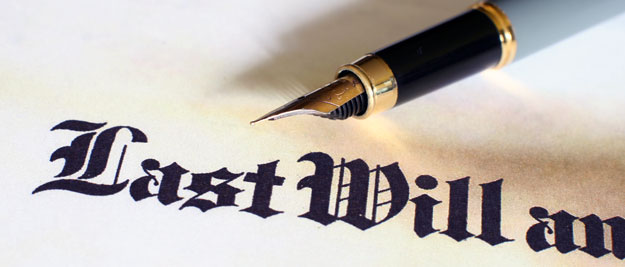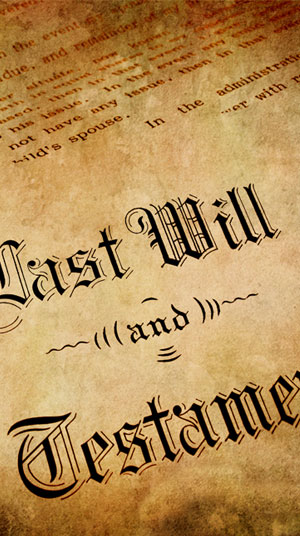Responsibilities of witnessing a Will

Witnessing a will
Wills are witnessed everyday throughout Australia. Often the correct protocols of witnessing a Will are ignored, which can have devastating results for the executors and beneficiaries of the testator's (the person who is making the Will) estate. An incorrectly witnessed Will can, at best, add delay and cost to the administration of an estate, at worst it can result in the Will not being valid (and therefore the testator's last wishes cannot be carried out).
execution and witnessing of a valid will
Why is it important to ensure your Will is correctly executed and witnessed?
If your Will is not correctly executed, that is to say signed, by yourself and witnessed by your witnesses, it can result in any one or more of the following:
- One or more of your beneficiaries may not receive the gifts you have left them, particularly if they are witnesses to the execution of your Will. This may result in a different beneficiary (named in your Will) receiving the gift;
- Alternatively, it may result in a combination of any of the above. So, some gifts may be determined as valid, others that are invalid may be given to an alternate named beneficiary or the gift may fall into the intestacy provisions (mentioned above). This is known as partial intestacy.
- Your Will many not be considered valid, which may have the following results:
a. Your previous Will (if you have one) may be considered to be your last Will and your estate will then be administered and distributed in accordance with your previous Will; or
b. You did not die with a valid Will, this is also known as dying "intestate". If you have died intestate, your estate may be distributed in accordance with a series of rules set out by the Succession Act 2006. This may mean that people may benefit from your estate who you did not wish to leave anything to – perhaps even the Crown.

Who is an appropriate person to be your Witness?
Ideally, your two witnesses should:
- 1. be over the age of 18;
- 2. be able to see and attest to your execution of your Will;
- 3. not be a person who is a beneficiary (or potential beneficiary) of your Will;
- 4. be a competent person who, if called upon, is able to provide evidence as to the due execution of your Will.
Procedure for execution
To ensure your Will is correctly executed, it is vital the procedure below is followed:
- 1. Ensure you have two or more independent witnesses present with you when you are signing your Will;
- 2. Your witnesses must know that they are witnessing and signing your Will, rather than any other type of document.
- 3. Are your witnesses competent to act as witnesses? Ensure your witnesses are over the age of eighteen (18) years and are not beneficiaries of your Will;
- 4. Ensure both witnesses and yourself sign the foot of each page of your Will with the same blue or black pen;
- 5. Ensure each witness has clearly completed their details (name, occupation and address) in the space below their respective signatures.
Witness responsibilities after death of the Testator
The responsibility of a witness to a Will does not end once the Will has been executed.
A witness to a Will may be called upon after the death of the testator to provide evidence that the Will was correctly executed.
If you are an executor, beneficiary or witness of a Will that you believe may not have been correctly executed or you are simply concerned about the nature and circumstances under which a Will was executed then Bainbridge Legal can help. We have a team of solicitors with vast experience in Wills and Estates who can assist you. Please contact us for a no obligation consultation to discuss your concerns.